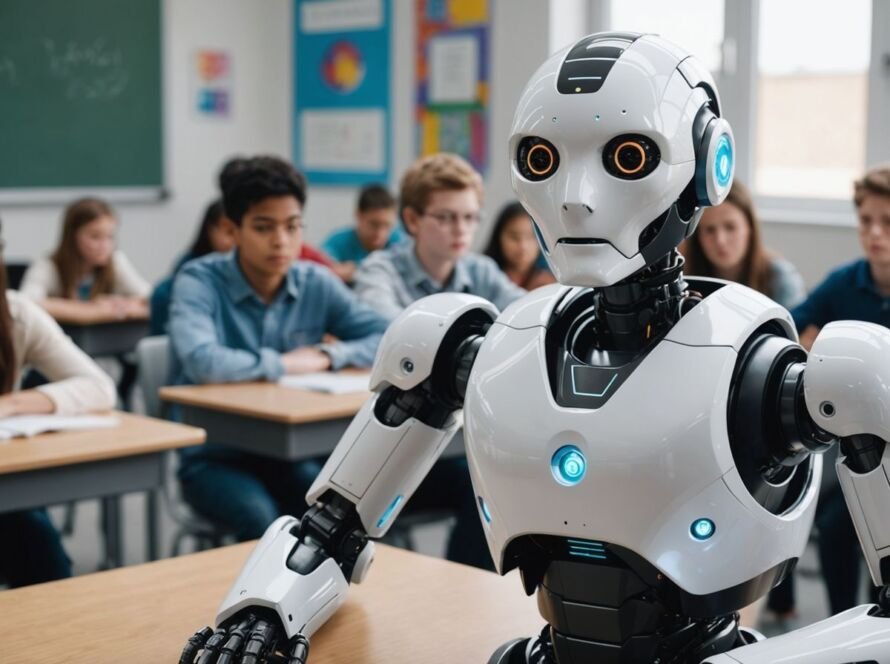A groundbreaking machine learning model, AutMedAI, has demonstrated the ability to predict autism in children under two years old with nearly 80% accuracy. This innovation promises to revolutionize early detection and intervention for autism spectrum disorder (ASD), potentially improving developmental outcomes for many children.
Key Takeaways
- AutMedAI identifies 80% of children with autism using basic early-life data.
- Parameters include age of first smile and early speech milestones.
- Early diagnosis can significantly enhance life quality through timely interventions.
The Study and Its Findings
Researchers from the Karolinska Institutet have developed AutMedAI, a machine learning model that can predict autism in toddlers by analyzing 28 parameters available before 24 months of age. These parameters include developmental milestones such as the age of the first smile and the presence of eating difficulties.
The study utilized data from the SPARK database, which contains information on approximately 30,000 individuals with and without autism spectrum disorders. By analyzing this data, the researchers created four distinct machine-learning models, with AutMedAI emerging as the best performer.
How AutMedAI Works
AutMedAI analyzes a combination of 28 different parameters that can be obtained without extensive assessments and medical tests. Among about 12,000 individuals, the model was able to identify approximately 80% of children with autism. Key predictors included the age of the first smile, the first short sentence, and the presence of eating difficulties.
Importance of Early Diagnosis
Early diagnosis of autism is crucial for implementing effective interventions that can help children develop optimally. According to the researchers, early detection can drastically change the conditions for early diagnosis and interventions, ultimately improving the quality of life for many individuals and their families.
Future Directions
The research team is planning further improvements and validation of the model in clinical settings. They are also working on including genetic information in the model, which may lead to even more specific and accurate predictions. Rigorous work and careful validation are required to ensure the model’s reliability in clinical contexts.
Conclusion
AutMedAI represents a significant advancement in the early detection of autism. With further validation and improvements, this model could become a valuable tool for healthcare providers, offering a promising avenue for early intervention and support for children with autism and their families.
Sources
- AI Model Predicts Autism in Toddlers with 80% Accuracy – Neuroscience News, Neuroscience News.

